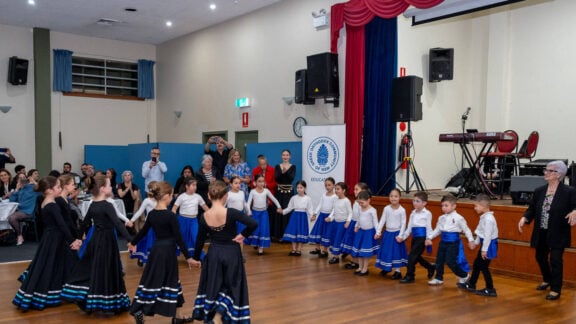An improvised explosive device made out of gas canisters, detonated at the entrance of the apartment block of the main suspect of the sexual abuse and exploitation case of a 12-year-old girl in Athens.
The device went off in the neighbourhood of Agios Panteleimonas, Kolonos on Sunday (Greece time), causing damage only to the building’s entrance.
It is not yet known if the bomb was a warning regarding further release of evidence or an act of vengeance against the accused, Ilias Mihos by a member of the community.
Meanwhile, according to information released by state broadcaster ERT, a priest in Athens was rushed to the hospital on Thursday after people close to him found him unconscious at his home after he attempted suicide.
Based on a report on the church’s website ekklisiaonline.gr, the priest was involved in the scandalous case of the 12-year-old girl that was forced into prostitution.
The priest’s name became known following several testimonies from residents of Kolonos district in western Athens, describing a questionable and intensely close relationship between the girl’s rapist and pimp and the specific priest.
In other developments Greece’s minister for Citizen Protection, Takis Theodorikakos, ordered an internal investigation into a 26-year-old police officer who serves at the General Police Directorate of Attica. The officer reportedly appears to have had conversations with the 12-year-old girl, but it has not been disclosed whether or not he made an appointment with her.
At the same time, the messages of a man introducing himself as a police officer to the girl’s pimp are also being investigated.
So far, a total of five men including the main abuser and pimp, and the girl’s mother have been arrested. The arrest of the 36-year-old hospital worker last week is pending, depending on the outcome of a medical examination.
Speaking to state broadcaster ERT Greece’s Interior Minister Makis Voridis said that “chemical castration for rapists of minors should be considered under conditions”. The minister also stressed that “life sentence should be a life sentence” for them and not earlier release on parole.
Voridis clarified that “chemical castration could constitute a mechanism of legal punishment exchange”. He added that this is applied in foreign countries as a safety measure for society, in the event that the offender consents to this measure, in order to get out of prison, without having served the entirety of his sentence.
Vana Marketaki director of the “Eliza Society” organisation for the prevention of cruelty to children says that according to police and medical examination data, nine out of 10 rape cases occur at home.
“If one classroom has 25 children, five of them, statistically, have been sexually abused. This is the number of child abuse incidents since 2012 in Greece,” Marketaki told Athens masthead Kathimerini.
“Sexual abuse happens in the family environment, or by relatives or friends, so only people outside the home can raise awareness and lend a helping hand,” she stressed.
Every citizen should be informed about all types of violence, she said, insisting that sex education should be compulsory from the ages of 4 to 18.
“With children there is no such thing as ‘consent,’ it’s always abuse. When you’re informed as an adult, you’re better positioned. As a child, you’re better fortified, [when informed],” she stated.









